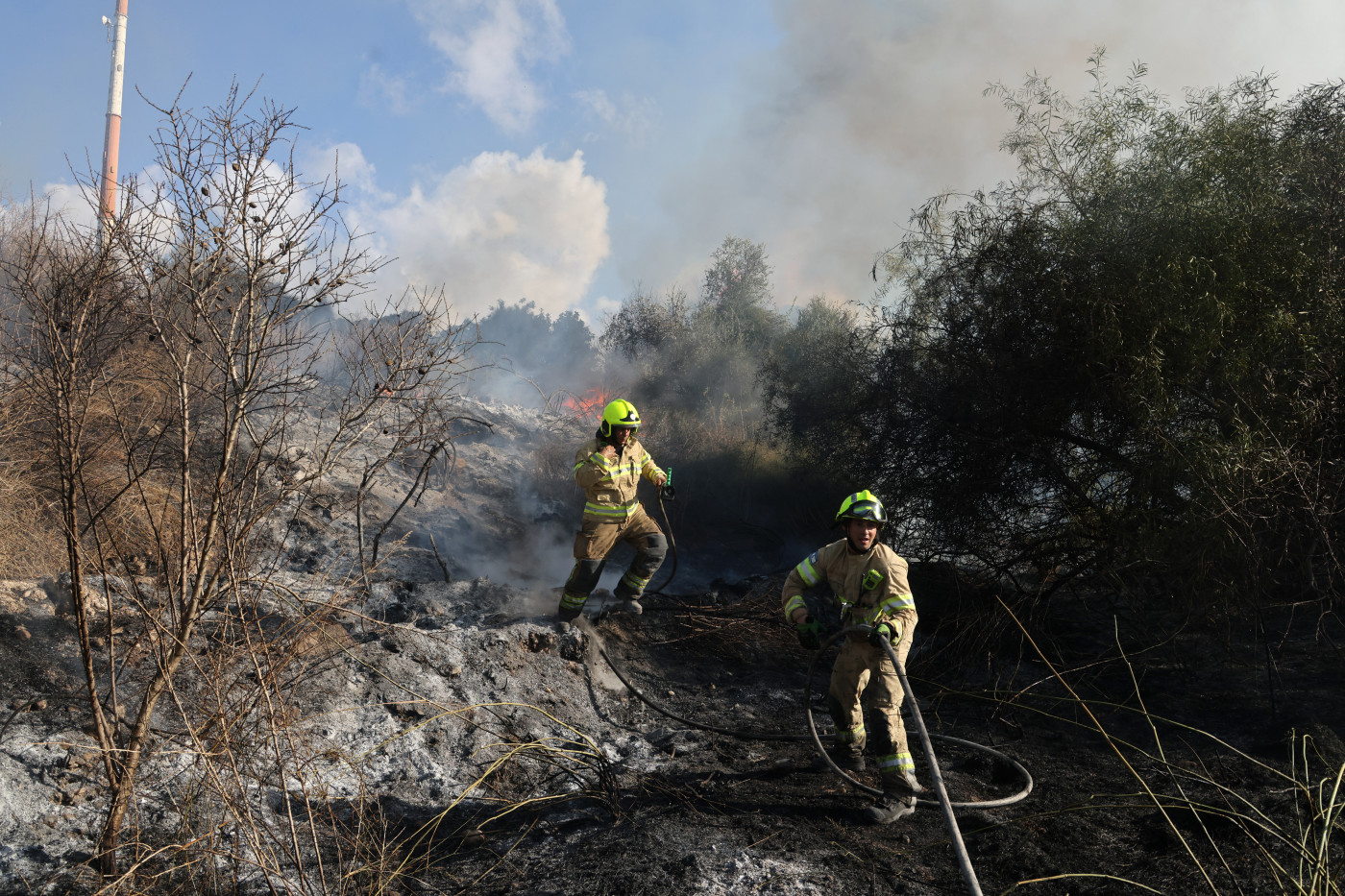North Korean Weapons 'Worst Problem' for Ukraine: Kyiv Military Intel Chief
North Korea and its support for Russia's grinding war effort in Ukraine is the "worst problem" Ukraine is facing from Moscow's allies, Kyiv's military intelligence chief has said, as concerns deepen in the West over the Kremlin's increasingly close relationships with Pyongyang, China and Iran.
"The worst problem we are facing is the one coming from North Korea," Lieutenant General Kyrylo Budanov, the head of Ukraine's GUR military intelligence agency, said during an appearance at the Yalta European Security conference, organized by the Victor Pinchuk Foundation, in Kyiv on Saturday.
Moscow—now a pariah for many Western countries following its full-scale invasion of Ukraine in February 2022—has increasingly leaned on its circle of allies, not least North Korea.
Russia has also courted military support from Tehran, using Iranian-designed Shahed drones extensively against Ukraine. The U.S. has confirmed Moscow recently received ballistic missiles from the Middle East nation in a new phase of support for the war effort.
North Korea has funneled weapons and munitions to Russia as the impact of its grinding war in Ukraine wears down the Kremlin's stockpiles, even as Moscow's defense industry pumps out new equipment heading straight for the front lines.
North Korea has sent thousands of containers of munitions for Russia's war effort, U.S. and South Korean officials have said.
Munitions supplied by North Korea are "really bad for us, and so far there's nothing we can do about that," Budanov said via an interpreter. Ukraine is able to see the North Korean supplies entering the country, he added, and Kyiv's armed forces then feel the impact as little as a few days later.
Pyongyang is far ahead of other nations, such as Iran or China, when it comes to presenting threats to Ukraine, Budanov said. Beijing has denied accusations, including from the U.S., that it has supported Russia's military push.
The sheer quantity of weaponry coming from North Korea eclipses support Russia is receiving from elsewhere, Budanov said.
Newsweek has reached out to the Russian Defense Ministry for comment via email.
North Korea is storming ahead with its missile development program, despite United Nations sanctions, and Ukraine has consistently reported Moscow firing Pyongyang's missiles, including the KN-23 short-range ballistic missiles, in the war-torn country since late 2023.
In February, Kyiv's SBU security service said Russia had fired more than 20 Hwasong-11 missiles, also known as the KN-23 and KN-24, into Ukraine since late December, killing at least two dozen civilians in that time.
Robert Koepcke, the U.S. deputy assistant secretary of state, said in early September this year that Russia had used at least 65 North Korean missiles in Ukraine.
However, there is a wealth of information and intelligence to be gained from Moscow's deployment of North Korean missiles in Ukraine, Fabian Hinz, a research fellow at the International Institute for Strategic Studies think tank, told Newsweek at the start of the year.
Pyongyang's weapons program is shrouded in secrecy, Hinz said, meaning the use of its missiles in Ukraine could reveal valuable details about their accuracy, how they travel, and how they cope under combat conditions.
Budanov also referenced Kyiv's campaign of striking targets across the border, including military facilities like air bases hosting aircraft Moscow uses to attack Ukrainian territory. Kremlin authorities report frequent drone attacks on its border regions, while Ukrainian drones have also reached key targets many hundreds of miles away in Russia.
Kyiv is also more than five weeks into its surprise offensive into Russia's Kursk region, and Moscow has been unable to fully peel back its western neighbor's grip on a number of settlements in the area.
"The people's belief in that they live in a safe country has been broken. It is the main achievement of all these deep strikes," Budanov said.
Kyiv is not permitted to use Western long-range weapons to carry out deep strikes, a policy which has dismayed Ukrainian officials. Signaling from the U.S. and the U.K. in recent days has indicated this restriction may be lifted.
Disclaimer: The copyright of this article belongs to the original author. Reposting this article is solely for the purpose of information dissemination and does not constitute any investment advice. If there is any infringement, please contact us immediately. We will make corrections or deletions as necessary. Thank you.
